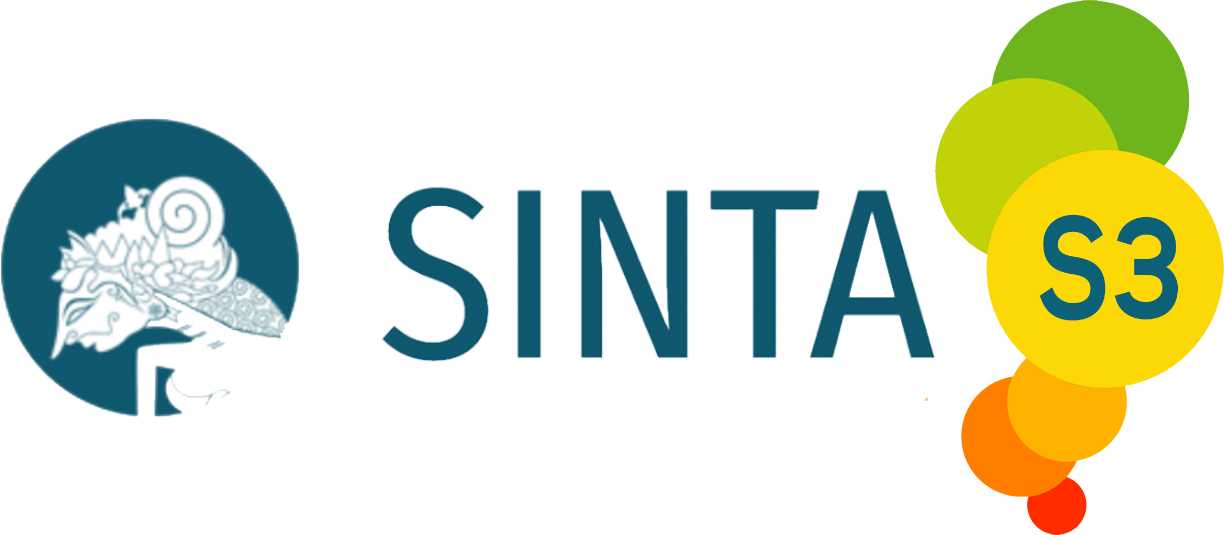Study Of The Meaning Of The Prohibition Of Sleeping After Fajr With A Scientific Approach In The Hadith Narrated By Abu Daud Index Number 2606
DOI:
https://doi.org/10.12928/taqaddumi.v4i1.8523Keywords:
Dawn sleep, Hadith, scienceAbstract
Sleep is a necessity for every human being in everyday life. However, several times are not recommended, including sleeping after dawn. In the hadith, it is also mentioned that the Prophet forbade his people to sleep after dawn. However, not all hadiths are authentic and can be used as evidence. Therefore, it is necessary to re-examine the validity and meaning of the hadith. To examine the meaning of the hadith, the author uses the study of tahlili. This study aims to describe the prohibition of sleeping after dawn from the hadith perspective with a scientific approach. The method used in this research is the descriptive qualitative method. The results of this study prove that sleeping after dawn is not suitable for health, and the views of the scholars regarding sleeping after dawn are highly discouraging and make it a habit.
References
Al Sijistānī, Abū Dāwud Sulaimān bin al Asy’at bin Ishāq bin Basyīr bin Syadād bin ‘Amrū al Azdi. Sunan Abū Dāwud. (Beirut: al Maktabah al ‘Ashriyah).
Firdaus, A’isy Hanif. “Rezeki Mengalir, Jangan Tidur Setelah Shalat Subuh”. NU Online, 2022.
Haidar, Muhammad Asyraf bin Amīr bin ‘Alī bin, dkk. ‘Aun al-Ma’būd Syarh Sunan Abū Dāwud. (Beirut: Dār al-Kutub al-‘Ilmiyah).
Muhtador, Moh. “Sejarah Perkembangan Metode dan Pendekatan Syarah Hadis”, Jurnal Riwayah: Studi Hadis. Vol. 2. No. 2.
Muthohharoh, Juharotul. “Larangan Tidur Sore Perspektif Hadis (Studi Analisis Hadis dengan Pendekatan Medis)”. Skripsi Jurusan Tafsir Hadis UINSA, 2019.
Nashori, Fuad. “Sehabis Subuh: Jangan Tidur, Bergeraklah!”. Fakultas Psikologi dan Ilmu Sosial Budaya Universitas Islam Indonesia, 2021.
Purba, Loly Filly. Biologi.
Putri. “Konsep Tidur”. Skripsi UM Surabaya, 2020.
Rohmah, Irma Miftahur. “Hadis Larangan Tidur Setelah Makan (Kajian Ma’ani al-Hadith Kitab ‘Amal al Yaum wa Allailati Nomor 488 Karya Ibn al-Sunni dengan Pendeketan Kesehatan)”. Skripsi Jurusan Ilmu Hadis UINSA, 2021.
Rosita. “Tidur di Pagi Hari Tidak Baik bagi Kesehatan”. Fakultas Keperawatan Universitas Airlangga, 2022.
Rusdi, Muhammad dan Rusandi. “Merancang Penelitian Kualitatif Dasar/Deskriptif dan Studi Kasus”. Jurnal Staiddi Makassar. Vol. 2. No. 1.5.
Sunan Abū Dāwud. Terjemahan Ensiklopedia Hadis.
Syamsinar. “Pola Tidur Dalam Alquran (Kajian Tahlili Terhadap QS. Al-Furqan 25:47)”. Skripsi Jurusan Tafsir Hadis UIN ALAUDDIN MAKASSAR, 2016.
Widowati, Asri. “Diktat Pendidikan Sains”. Fakultas Matematika & Ilmu Pengetahuan Alam Universitas Yogyakarta, 2008.
https://repository.uin-suska.ac.id/2482/3/BAB%20II.pdf (diakses tanggal 21 Juni 2023)
https://tafsirweb.com/6303-surat-al-furqan-ayat-47.html (diakses tanggal 21 Juni 2023)
Downloads
Published
Issue
Section
License
Copyright (c) 2024 Widiana Putri Wulandari, Andris Nurita

This work is licensed under a Creative Commons Attribution-ShareAlike 4.0 International License.
License and Copyright Agreement
In submitting the manuscript to the journal, the authors certify that:
- They are authorized by their co-authors to enter into these arrangements.
- The work described has not been formally published before, except in the form of an abstract or as part of a published lecture, review, thesis, or overlay journal. Please also carefully read the Taqaddumi Author Guidelines at http://journal2.uad.ac.id/index.php/taqaddumi/about/submissions#onlineSubmissions
- That it is not under consideration for publication elsewhere,
- That its publication has been approved by all the author(s) and by the responsible authorities – tacitly or explicitly – of the institutes where the work has been carried out.
- They secure the right to reproduce any material that has already been published or copyrighted elsewhere.
- They agree to the following license and copyright agreement.
Copyright
Authors who publish with the Taqaddumi Journal agree to the following terms:
- Authors retain copyright and grant the journal right of first publication with the work simultaneously licensed under a Creative Commons Attribution License (CC BY-SA 4.0) that allows others to share the work with an acknowledgment of the work's authorship and initial publication in this journal.
- Authors are able to enter into separate, additional contractual arrangements for the non-exclusive distribution of the journal's published version of the work (e.g., post it to an institutional repository or publish it in a book), with an acknowledgment of its initial publication in this journal.
- Authors are permitted and encouraged to post their work online (e.g., in institutional repositories or on their website) prior to and during the submission process, as it can lead to productive exchanges, as well as earlier and greater citation of published work.








